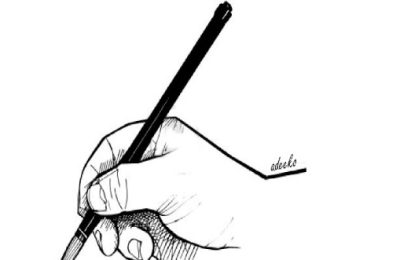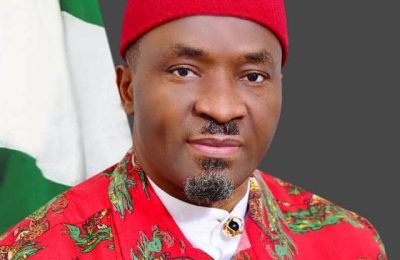By: Olusegun Oruame
IN the 21st century, the world is witnessing a paradox: while access to information is at an all-time high, literacy levels are declining globally. This unsettling trend presents significant obstacles to socioeconomic progress, especially in developing nations, Nigeria being no exception. The causes of falling literacy standards are multifaceted, and addressing them requires a comprehensive approach, which includes innovative educational strategies. One promising solution lies in the realm of co-curricular activities, with spelling competitions serving as a influential tool to foster literacy from a young age.

The global literacy decline and nigeria’s struggles
Despite advancements in technology and education, literacy rates are stagnating or falling in many parts of the world. Key among the factors contributing to this decline include, inadequate educational infrastructure such as the shortage of qualified teachers and learning materials, socioeconomic inequality where poverty and gender discrimination hinder access to education, and digital distractions presenting the allure of digital media often overshadowing traditional literacy activities.
Nigeria, with its rapidly growing population, is significantly affected by these challenges. According to UNESCO, approximately 35 per cent of Nigerian adults are illiterate, and many children remain out of school. To combat this, we must explore every possible avenue to improve literacy, including the enhancement of co-curricular activities.

Co-curricular Activities: A holistic approach to education
Co-curricular activities such as sports, arts, debate clubs, and academic competitions are essential components of a well-rounded education. They can significantly improve literacy by: Engaging Students: Students involved in co-curricular activities are more likely to be engaged and motivated in their academic pursuits.
Building Confidence: Activities like debates and public speaking enhance communication skills and self-esteem.
Fostering Teamwork: Group activities teach collaboration, critical thinking, and problem-solving skills.
Spelling bees: A pillar of literacy
Among these activities, spelling bees stand out as particularly effective in promoting literacy. A good and effective spelling programme should offer to the student: Vocabulary Expansion: learn new words by being exposed to the rudiments of spelling, thereby broadening their vocabulary. Improved Comprehension: understanding word concepts and usage that will enhance overall reading comprehension. Discipline and Dedication: the rigour of the preparation process for spelling bees, requires regular practice and dedication, instilling a strong work ethic.
Mastering spelling is foundational to effective communication. Misspellings can lead to significant misunderstandings. For instance, confusing “affect” and “effect” can completely change the meaning of a sentence, leading to miscommunication in both written and verbal exchanges
Learning from the Scripps National Spelling Bee
The Scripps National Spelling Bee a prestigious competition held annually in the USA, targeted at students no older than 13 years, is a global example of promoting literacy through competition. Entering its centenary in 2025, the Scripps Spelling Bee has been a benchmark for excellence in spelling. Notably, Ghana has been participating for the past 18 years, and in the 2024 edition, Ghanaian students made it to the semi-finals, bringing pride to the continent.
This achievement begs the question: What would it take for Nigerian students to participate in such a global and prestigious competition? The benefits would be manifold; participation would enhance Nigerian students’ literacy, boost the nation’s image, and celebrate its rich cultural heritage on a global stage.
A clarion call for collaboration
Addressing the literacy crisis requires a collaborative effort. The private sector must complement government initiatives by investing in education and literacy programs. Initiatives like the Cowbellpedia Mathematics Competition demonstrate the impact of private sector involvement in education. A similar focus on literacy through spelling bees and reading programs could yield significant improvements. By supporting co-curricular activities, particularly spelling bees, we can lay a strong foundation for literacy, ensuring that future generations are well-equipped to thrive in a rapidly changing world.
In conclusion, literacy is a fundamental human right and a cornerstone of sustainable development. Nigeria has the potential to turn the tide on declining literacy rates by embracing innovative educational strategies and fostering a culture of learning. Let us collectively strive to nurture the minds of our young learners, ensuring they have the tools and opportunities to succeed.
- Oruame, a journalist, writes in from Lagos.
Read Also: Emirship tussle: Tension after court ruled in favour of Aminu Bayero







